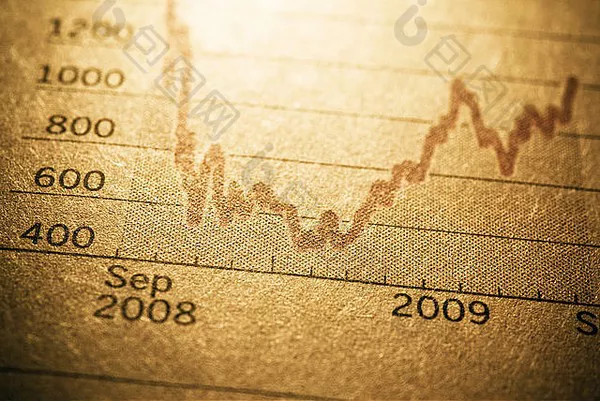Gold is one of the most popular and widely traded commodities in the world, with investors and traders seeking exposure to its value through various instruments such as stocks, ETFs, and futures contracts. Gold futures are a type of derivative contract that allow traders to buy or sell gold at a predetermined price and delivery date, offering potential profit opportunities and risk management tools. But what time do gold futures open, and how can traders take advantage of this market? In this article, we’ll explore the basics of gold futures trading, including their opening hours, cost structures, and strategies.
What Are Gold Futures?
Gold futures are contracts that obligate the buyer or seller to purchase or deliver a specific amount of gold at a predetermined price and delivery date in the future. Gold futures are traded on commodity exchanges such as the Chicago Mercantile Exchange (CME), which operates the Commodity Exchange (COMEX) division for precious metals, including gold, silver, platinum, and palladium. The size of a gold futures contract varies, but typically each contract represents 100 troy ounces of gold, which is equal to about 3.11 kilograms or 6.8 pounds.
The price of gold futures is determined by supply and demand forces in the marketplace, influenced by various factors such as economic indicators, geopolitical events, currency exchange rates, and interest rates. Gold futures can be bought or sold by speculators looking to profit from price movements, or by hedgers looking to reduce their exposure to price risks by locking in future prices.
What Time Do Gold Futures Open?
Gold futures trading hours vary depending on the exchange and the contract month. For example, on the CME COMEX division, gold futures trade Sunday through Friday from 6:00 p.m. to 5:00 p.m. Eastern Time (ET), with a 60-minute break each day from 5:00 p.m. to 6:00 p.m. ET. However, the trading hours for gold futures may be subject to change due to holidays or other factors, so it’s important to check the exchange’s official website or trading platform for the latest information.
In addition to regular trading hours, some exchanges also offer extended trading hours for gold futures, allowing traders to access the market outside of normal business hours. For example, the CME offers an overnight electronic trading session for gold futures from 6:00 p.m. to 5:00 p.m. ET, as well as a pre-market session from 4:00 a.m. to 6:00 a.m. ET and a post-market session from 5:00 p.m. to 6:00 p.m. ET. These extended hours may have different trading rules or liquidity levels than the regular session, so traders should be aware of the risks and benefits of trading during these times.
How Do You Trade Gold Futures?
To trade gold futures, traders need to open a futures trading account with a broker that is registered with the respective commodity exchange. The broker will provide access to the trading platform, which allows traders to enter buy or sell orders for gold futures contracts, monitor their positions, and manage their risk exposure.
When trading gold futures, traders should pay attention to several key factors:
- Margin:
When buying or selling gold futures, traders are required to put up a margin deposit, which is a fraction of the total contract value. This margin acts as collateral against potential losses and allows traders to control larger amounts of gold with relatively small amounts of capital. However, margin requirements vary depending on the exchange, the contract, and the volatility of the market, so traders should be aware of the risks of margin trading and maintain sufficient funds in their trading accounts.
- Leverage:
Gold futures trading is a leveraged activity, meaning that traders can potentially earn or lose more than their initial investment. This is because the value of the underlying asset (gold) is much larger than the margin deposit required to trade it. While leverage can amplify gains, it can also amplify losses, so traders should use risk management tools such as stop-loss orders and position sizing to limit their exposure.
- Volatility:
Gold futures markets can be highly volatile, meaning that prices can fluctuate rapidly and unpredictably based on various factors such as macroeconomic data, geopolitical events, and market sentiment. Traders should be prepared for sudden price movements and have a sound trading strategy that takes into account their risk tolerance, investment goals, and market analysis.
Conclusion
Gold futures offer traders and investors a way to gain exposure to the precious metal without physically owning it. The opening hours for gold futures may vary depending on the exchange and the contract month, but typically include regular and extended trading sessions. Trading gold futures involves margin, leverage, and volatility, so traders should be aware of the risks and benefits, and have a sound trading plan in place. By staying informed about the latest market news and trends, using risk management tools, and maintaining discipline and patience, traders can potentially profit from gold futures trading while managing their risks. As with any investment or trading activity, it’s important to do your own research, seek professional advice if necessary, and only trade with capital that you can afford to lose. With these principles in mind, gold futures can be a valuable addition to any diversified portfolio and a way to participate in the global gold market.


